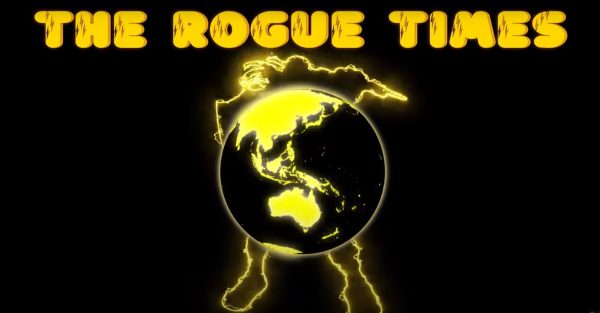Yeo vs. Town of Lexington
Douglas Yeo was a 42 year old man who lived in Lexington, Massachusetts. So what happened was that Yeo had submitted an ad to the school’s yearbook and magazine that said the following; “We know you can do it! Abstinence; The Healthy Choice”, it contained sexual continent, which meant he believed it was fine for teenagers to have sexual intercourse with the use of condoms. Yeo then had created LEXNET so both the parents and the students would be able to view the ad he had funded.
The ad was then argued on by the school’s committee, principal, superintendent , students, and parents saying that his ad was inappropriate because it was giving students malefactor. Also because students (yearbook editors) believed that it had nothing to do with the yearbook. They only wanted the yearbook to contain wordings for the graduating class. And so the ad was rejected by the student editors of both publications. Because of the rejection, Yeo was upset and tried suing the Lexington High School District for declining his First Amendment (freedom of speech and press) and the Fourteenth Amendment ( right to propose statement).
At first, The Supreme Court of the United States sided with Yeo, arguing that the school was apart of his publication in the yearbook. However, the students really had nothing to do with the publication because he had done it all on his own with no approval. The court had then ruled that the student editors had the right to take down his ad because it didn’t attribute with the school. Which ended up giving the students full control and responsibility on what they publish. After all, the money Yeo had funded was given back to him, and the ad was given back to him as well.
If he wouldn’t have published the ad without permission there was a chance he would have won the argument against The Supreme Court. But since there was no evidence of him having permission, he lost. It had in fact first been heard of in November 7, 1997, and was then decided on December 9,1997. This was because in the end, he dismissed the case without trial.





